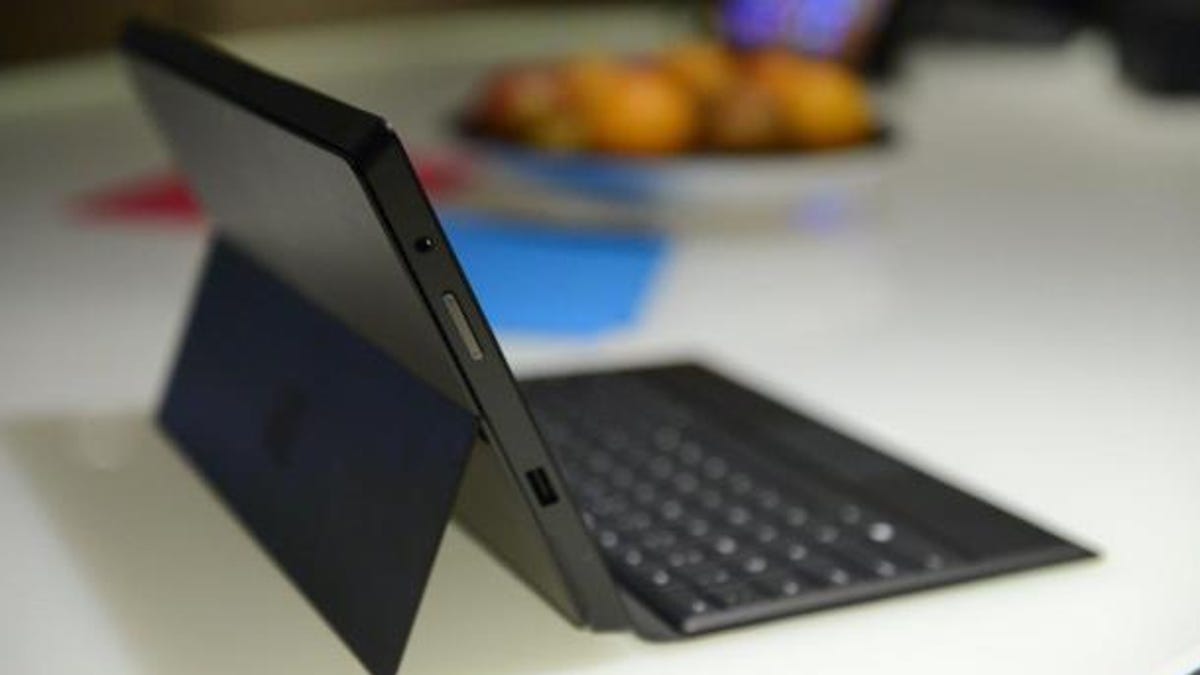Intel CEO: The PC is shape-shifting into a tablet
Intel's CEO did his best to try to hammer home that the PC will do everything a tablet can do -- and more.

In the wake of reporting weak profits today, Intel CEO Paul Otellini couldn't repeat enough that "radical" new PC designs will subsume the tablet experience.
Here are some of Otellini's comments that suggest that Intel and its PC partners are aggressively going after the tablet market with newfangled Windows 8 devices. Most of these comments came in response to analysts' questions.
Radical transformation:
We are in the midst of a radical transformation of the computing experience with the blurring of form factors and adoption of new user interfaces. It's no longer necessary to choose between a PC and a tablet. Convertibles and detachables combined with Windows 8 and touch provide a 2-for-1, no-compromise computing experience."
'Haswell' then 'Broadwell' drive radical new designs:
In the first quarter we launch Haswell. The single largest generation-to-generation battery life improvement in Intel history...We have a line of sight into what our customers are designing around Haswell, which is this year's innovative Core [processor] product, and Broadwell, which is next year's. I've seen the prototypes of the industrial designs. They're really exciting products. Our customers have not had this level of performance in this kind of form factor before. 10-plus-inch [screen size] types of product are going to be more classic PC level of performance, enabled by these convertible, detachable form factors that will only get thinner when Haswell and Broadwell come on.
Competition from ARM:
We've looked at the [new] A15 [ARM chip]. We know our own silicon in terms of Bay Trail and Clover Trail+ and we're very comfortable we can maintain a performance lead here. These devices are simply becoming very small computers, and that's what Intel is exceptional at.Note: Clover Trail+ is Intel's upgrade of the Clover Trail Atom chip used in currently shipping tablets. That comes later in the first half. Bay Trail is a complete redesign of the Atom processor, slated for late this year.
Foundry business: Would not enable a competitor:
We are very interested in being a selected foundry manufacturer for certain customers. We don't see ourselves as a general-purpose foundry or competing with general-purpose foundries. We would not take business that enables a competitor. We have a crawl-walk-run strategy. We're still in the crawl stage.Note: A chip foundry is a contract manufacturer of chips for other companies. Taiwan Semiconductor Manufacturing Company (TSMC) today is considered the largest general-purpose foundry. There was a rumor today that Cisco was now an Intel foundry customer. Otellini did not comment on the rumor.

